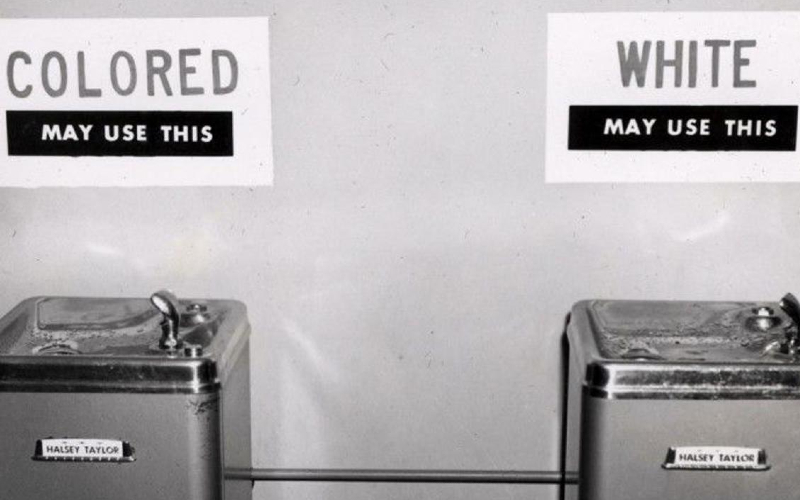Governor Jeff Landry (R) signed HB 71 into law yesterday, which means a poster-sized display of the Ten Commandments in "large, easily readable font" be in all kindergarten to state-funded university classrooms.
Matt Krause, an attorney at First Liberty Institute, expects people, politicians, and special interest groups will argue it is illegal. In fact, the ACLU has already announced it is suing the state. He, however, believes Louisiana is in the right.

"In 1980, there was a case at the Supreme Court called Stone v. Graham that dealt with a Ten Commandments display in Kentucky in their classes, in their schoolrooms, and the Supreme Court said, 'You can't do that,'" Krause notes. "The only basis they gave for doing that was saying that it violated the Lemon test."
Under the "Lemon" test, government can assist religion only if (1) the primary purpose of the assistance is secular, (2) the assistance neither promotes nor inhibits religion, and (3) there is no excessive entanglement between church and state.
"Well, in 2022, in First Liberty's case, Kennedy v. Bremerton, the Supreme Court not only gave Coach Kennedy the ability to pray at the 50 yard line after games, but they also discarded the Lemon test," Krause continues.
In other words, the only basis on which the Supreme Court has said the Ten Commandments cannot be displayed in school rooms was taken away in the Kennedy opinion and replaced with a "history and tradition" test.
Applied literally, that test turns on whether a new practice is like an old one. If not, courts can discount whatever modern goal it is supposed to serve.
"There's nothing more historical or traditional in American history or legal jurisprudence than the Ten Commandments, and that's what gives it the ability to withstand constitutional scrutiny this time around," Krause contends.
Meanwhile, in displaying the Ten Commandments, he asserts that schools will not be forcing students to convert to Judaism or Christianity, but they will be paying tribute to how big an impact the Decalogue has had on history, specifically American history.
"We always look to the foundations of what we were built upon to kind of know who we are, and it's inescapable – whether it's law, whether it's culture, whether it's education – that the Ten Commandments have been the basis of our system from the very beginning of our country," Krause submits. "So, this is just really an affirmation and a reminder that these same bedrock principles are part of the history and tradition of America, and it's just a good reminder for those students to know where those came from."
With other states working on similar legislation, First Liberty thinks "this is the first of what will be many statutes and policies that allow the Ten Commandments to go back into classrooms."
Krause, a former Texas legislator, says The Lone Star State came very close last year to enacting a similar bill.







